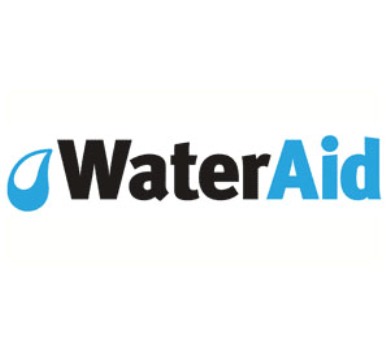

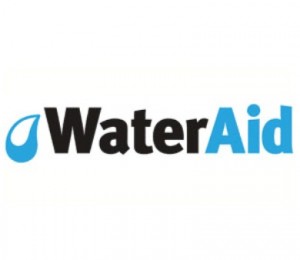 WaterAid Ghana, a Water, Sanitation and Hygiene (WASH) focused organisation, says Ghana needs a coordinated investment approach to address access challenges to safe water at all levels, towards achieving the Sustainable Development Goals (SDGs).
WaterAid Ghana, a Water, Sanitation and Hygiene (WASH) focused organisation, says Ghana needs a coordinated investment approach to address access challenges to safe water at all levels, towards achieving the Sustainable Development Goals (SDGs).
It said despite years of investment, many people, especially those in rural communities, schools and healthcare facilities, still faced hurdles in accessing safely managed water, posing huge burden and exposing the vulnerable to conflicts.
It therefore called on stakeholders including government to strategically invest into providing water facilities to underserved communities and institute measures to address the impact of climate change on water access.
Mr Gilbert Asante, the Project Coordinator, WaterAid Ghana, made this advocacy at an event in Sandema in the Builsa North Municipality, to celebrate World Water Day held on the theme: “Leveraging water for peace”.
It was organised by WaterAid Ghana, as part of the five-year Sexual Health and Reproductive Education (SHARE) project, being implemented by a consortium led by Right to Play, Forum for African Educationalists Ghana, WaterAid Ghana, FHI360 and funded by the Global Affairs Canada.
Mr Asante said climate change was one of the biggest problems the world was currently facing, contributing to a reduction in surface and underground water levels and leading conflicts in many communities especially among rural dwellers.
“This has to do with our human activities, burning around, cutting down trees without replanting and not protecting the water facilities and water bodies that we have around, meanwhile water is very crucial to our survival, we cannot do anything without water,” he said.
He said although statistics had shown that Ghana had more than 80 per cent water coverage, only a small percentage of the people had access to safely managed water sources.
The Project Coordinator explained that achieving universal access to safely managed water had the greatest potential to influence the attainment of all the 17 SDGs, adding that strategic and sustainable investment to the provision and sustainability of water sources and facilities.
“Water is key in infection prevention and control within our healthcare facilities but in Ghana, the data is showing that only 25 per cent of our healthcare facilities have access to water and this means that during pandemics it will be difficult for health workers to manage infection,” he lamented.
Ms Fauzia Aliu, the Acting Policy and Campaigns Manager, WaterAid Ghana, said the company would continue to support the government to provide water and sanitation infrastructure to underserved communities and called for collective efforts to achieve the SDGs.
Mr Malik Adaambiik, the Assemblyman for Abil-yeri Electoral Area, a suburb of Sandema, noted that there were many communities without boreholes, compelling people particularly women and girls to trek long distances in search of water, posing adverse effects on their education and economic opportunities.
He said apart from that, many public places including healthcare facilities and market places did not have potable water and the situation had become challenging for their survival and appealed to stakeholders for support.
Mr Albert Anyaana, the Builsa North Municipal School Health and Education Programme Coordinator, Ghana Education Services, said most of the schools in the municipality did not have water and girls found it difficult to clean themselves and change their sanitary pads whenever they were menstruating.
Source: GNA
The post WaterAid calls for coordinated investment to address water challenges in Ghana appeared first on Ghana Business News.
Read Full Story
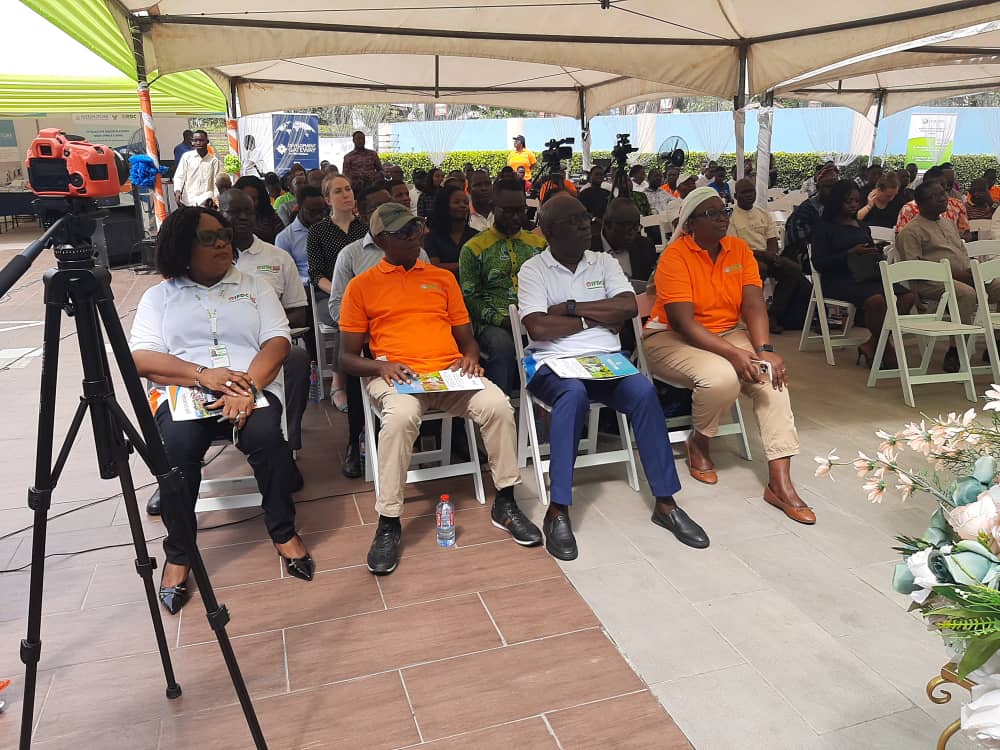
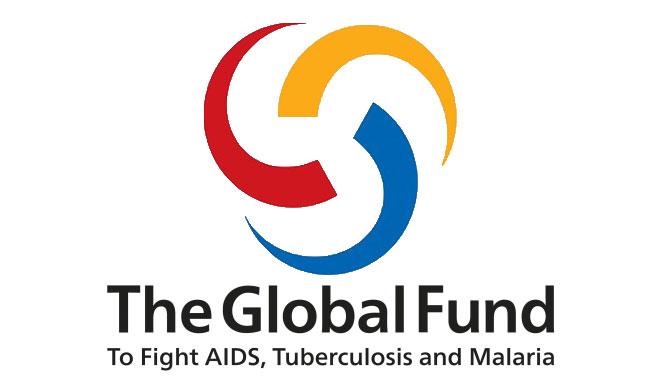

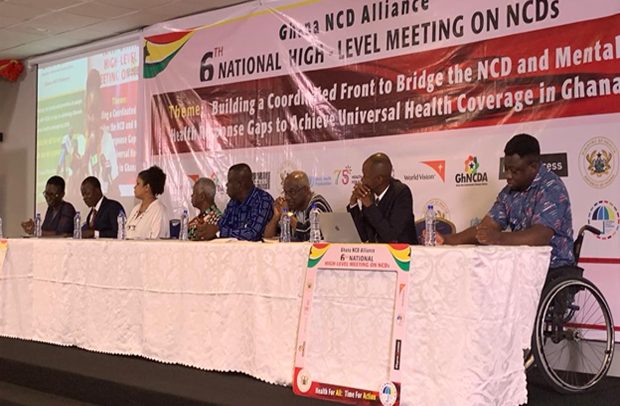
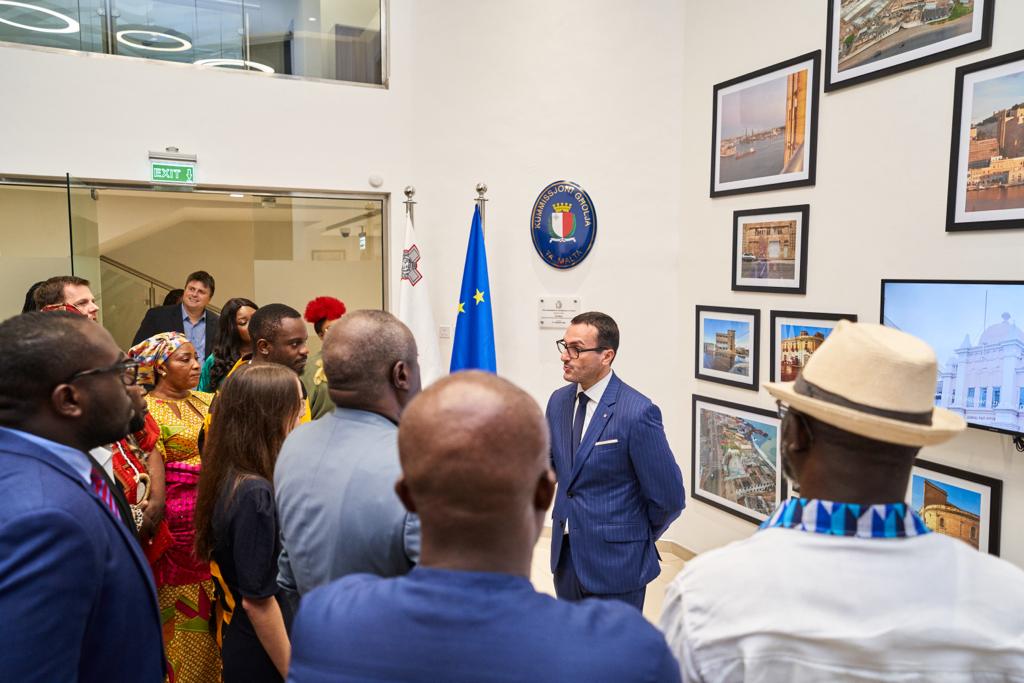



















Facebook
Twitter
Pinterest
Instagram
Google+
YouTube
LinkedIn
RSS